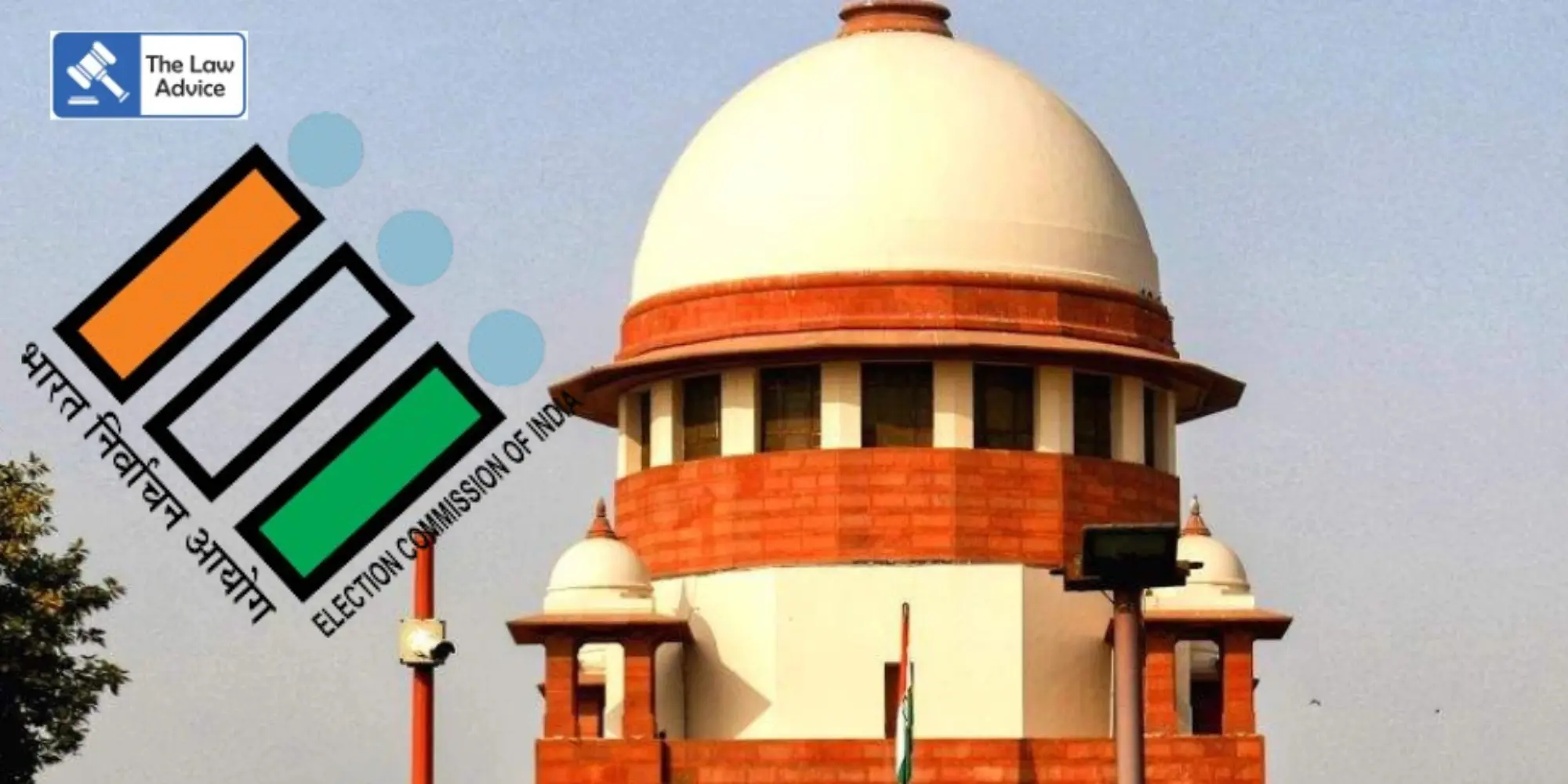
During the hearing on the Special Intensive Revision (SIR) of electoral rolls, the Supreme Court expressed reservations about making the voters’ list available in a machine-readable format, cautioning that such disclosure could compromise voter privacy.
A bench of Justices Surya Kant and K. Bagchi observed that the Election Commission of India (ECI) holds voters’ data in trust and has the right to implement multiple layers of protection to safeguard privacy. The Court suggested that the ECI could consider introducing a password-protected system, enabling individual voters to verify their information without exposing the data to unauthorized access.
The bench was hearing a series of petitions challenging the ECI’s ongoing special revision of electoral rolls in Bihar, Tamil Nadu, Puducherry, and West Bengal, among others. Advocate Prashant Bhushan, representing the Association for Democratic Reforms (ADR), sought directions for the ECI to provide the 2002 voters’ list in a machine-readable format to help individuals verify whether their family members’ names appear in the rolls.
Bhushan contended that making the rolls searchable would not cause any prejudice. However, Justice Bagchi raised strong privacy concerns, warning that such accessibility could enable “data mining” by third parties. Referring to the 2018 Kamal Nath judgment, Justice Bagchi noted that electoral rolls need not be made available in a machine-readable form, as privacy and data protection issues are deeply intertwined.
“The data available at large for mining poses inherent risks. We must balance the right to vote with the collective protection of citizens’ data. The ECI holds this information in trust, and therefore it is entitled to impose privacy layers. Perhaps each voter could have password-based access to verify their data from an encrypted database,” Justice Bagchi remarked.
The bench also acknowledged ADR’s suggestion that the ECI could employ its existing de-duplication software to identify and remove duplicate entries from electoral rolls, calling the proposal “good.”
Issuing notice on ADR’s interlocutory application seeking electoral roll data in machine-readable form, the Court directed the ECI to file its response and listed the matter for further hearing on November 26, 2025.
Case Title: Association for Democratic Reforms & Ors. v. Election Commission of India
Case No.: W.P. (C) No. 640/2025
Website designed, developed and maintained by webexy